Today’s batch of EFSA scientific opinions on novel food applications includes the first completed assessment of a proposed insect-derived food product. Our safety evaluations are a necessary step in the regulation of novel food, as our scientific advice supports EU and national decision-makers who authorise these products for the European market.
Since the Novel Food Regulation came into effect on 1 January 2018, EFSA has received a large volume of applications, covering a wide variety of novel and traditional food sources. These include herbal products derived from plants, algae-based foods, and non-indigenous fruits in addition to an array of edible insect varieties.
Dr Helle Knutsen, a molecular biologist and toxicologist, is a member of the EFSA expert panel on nutrition, and chair of EFSA’s novel food working group. She said: “Novel food applications are so varied that we need many types of scientific expertise to assess them: nutrition, toxicology, chemistry and microbiology to name a few. The working group composition reflects this and together our scientists form an experienced multi-disciplinary group.”
Edible insects
Ermolaos Ververis, a chemist and food scientist at EFSA, coordinated the first adopted opinion on insects as novel food. He said: “Insects are complex organisms, which makes characterising the composition of insect-derived food products a challenge. Understanding their microbiology is paramount, considering also that the entire insect is consumed.”
Various insect-derived foodstuffs are often heralded as a source of protein for the diet.
“Formulations from insects may be high in protein, although the true protein levels can be overestimated when the substance chitin, a major component of insects’ exoskeleton, is present. Critically, many food allergies are linked to proteins so we assess whether the consumption of insects could trigger any allergic reactions. These can be caused by an individual’s sensitivity to insect proteins, cross-reactivity with other allergens or residual allergens from insect feed, e.g. gluten.
“It’s challenging work because the quality and availability of data varies, and there is a lot of diversity among insect species.”
EFSA’s scientists will continue to evaluate the many novel food applications in their ‘to do list’, and the decision-makers in Brussels and national capitals will determine if they should be authorised for the European dinner plate. Ultimately, consumers can choose what they eat with confidence knowing its safety has been thoroughly checked.







Copyright © 2022 CTNC. Desarrollada por Mark Sonoma.